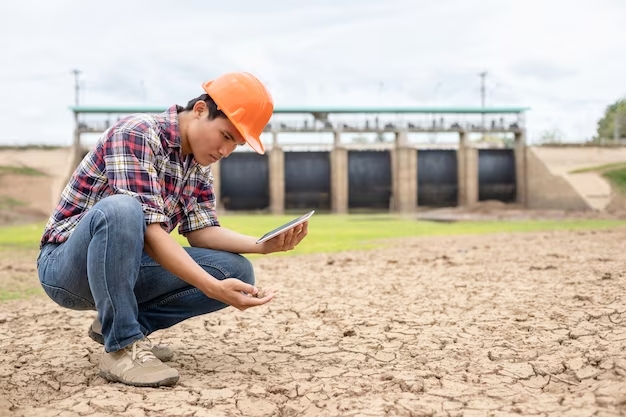Rebuilding Vs. Relocating: Making the Decision
Drop a Line if you have a Question!
Rebuilding and Relocating
Are you facing the difficult choice between rebuilding or relocating after a major disaster?
In this article, we will guide you through the decision-making process. You will evaluate the costs and benefits, assess the damage and feasibility, consider emotional and social factors, explore financial options and resources, and weigh the long-term implications.
By following these steps, you will be able to make an informed decision that aligns with your needs and priorities.

Evaluating the Costs and Benefits
You should weigh the costs and benefits before deciding to rebuild or relocate.
Rebuilding your current location may seem like the obvious choice, as it allows you to stay in familiar surroundings and maintain established relationships. However, it is important to consider the financial implications. Rebuilding can be expensive, especially if there is extensive damage to repair. You will need to factor in the costs of construction, permits, and materials.
On the other hand, relocating may offer a fresh start and potentially lower costs. You can search for a location that better suits your needs and budget. Additionally, relocating may provide access to new opportunities and markets.
Ultimately, it is crucial to carefully evaluate the costs and benefits before making a decision.
Assessing the Damage and Feasibility
Assessing the damage and determining if it’s feasible to rebuild or relocate is a difficult task. You stand amidst the ruins, surveying the destruction caused by the disaster. The once vibrant community now lies in ruins, leaving you with the weighty decision of whether to rebuild or start anew elsewhere.
It’s a daunting process, as you must consider the extent of the damage and the resources required for restoration. You grapple with questions of safety, accessibility, and the availability of necessary infrastructure. Can the damaged buildings be salvaged? Will the local economy recover? Is there enough support from the government and community?
It’s a challenging task, but as you evaluate the options, you remain hopeful that the right decision will lead to a brighter future.
Considering Emotional and Social Factors
Considering the emotional and social factors involved, it’s important to remember the impact that the decision will have on the community.
When deciding whether to rebuild or relocate, you need to think about how it will affect the people around you. Rebuilding can bring a sense of familiarity and comfort to the community. It allows people to stay in their homes and maintain their connections with neighbors and local businesses.
On the other hand, relocating can provide a fresh start and opportunities for growth. It may be a chance to create a more resilient and sustainable community. However, it’s crucial to consider the emotional attachment people have to their homes and the social fabric that binds them together.
Ultimately, the decision should prioritize the well-being and cohesion of the community.
Exploring Financial Options and Resources
Exploring financial options and resources can help determine the most viable path forward.
When faced with the decision of rebuilding or relocating, it is essential to assess your financial situation. Start by researching potential funding sources such as insurance claims, government assistance programs, and loans. Evaluate your insurance coverage and determine what expenses will be covered. Additionally, consider reaching out to local agencies or organizations that offer financial aid or grants for rebuilding efforts.
Conduct a thorough cost analysis to compare the expenses associated with rebuilding versus relocating. This will help you make an informed decision based on your financial capabilities. Remember to consider long-term financial implications such as property taxes, mortgage payments, and potential resale value.
Weighing the Long-Term Implications
When deciding between rebuilding or relocating, it’s important to weigh the long-term implications such as property taxes and potential resale value.
Rebuilding your home may seem like the obvious choice, as it allows you to stay in a familiar neighborhood and maintain your community connections. However, you need to consider the financial impact in the long run. Property taxes could increase after rebuilding, potentially putting a strain on your budget.
Additionally, the potential resale value of your rebuilt home should be taken into account. Will the investment you make in rebuilding be worth it if you decide to sell in the future? These are crucial questions to ask yourself before making a decision.
Take the time to carefully evaluate the long-term implications to make the choice that best suits your needs.
Conclusion
In conclusion, when faced with the decision of rebuilding or relocating, you must carefully evaluate the costs and benefits. You should assess the damage and feasibility, considering emotional and social factors. Additionally, it is important to explore financial options and resources and weigh the long-term implications.
It is important to weigh all these factors in order to make the best decision for yourself and your situation. Remember, this decision is not easy, but by considering all aspects, you can make a choice that will ultimately lead to a brighter future.

Have a question?
Become a
























